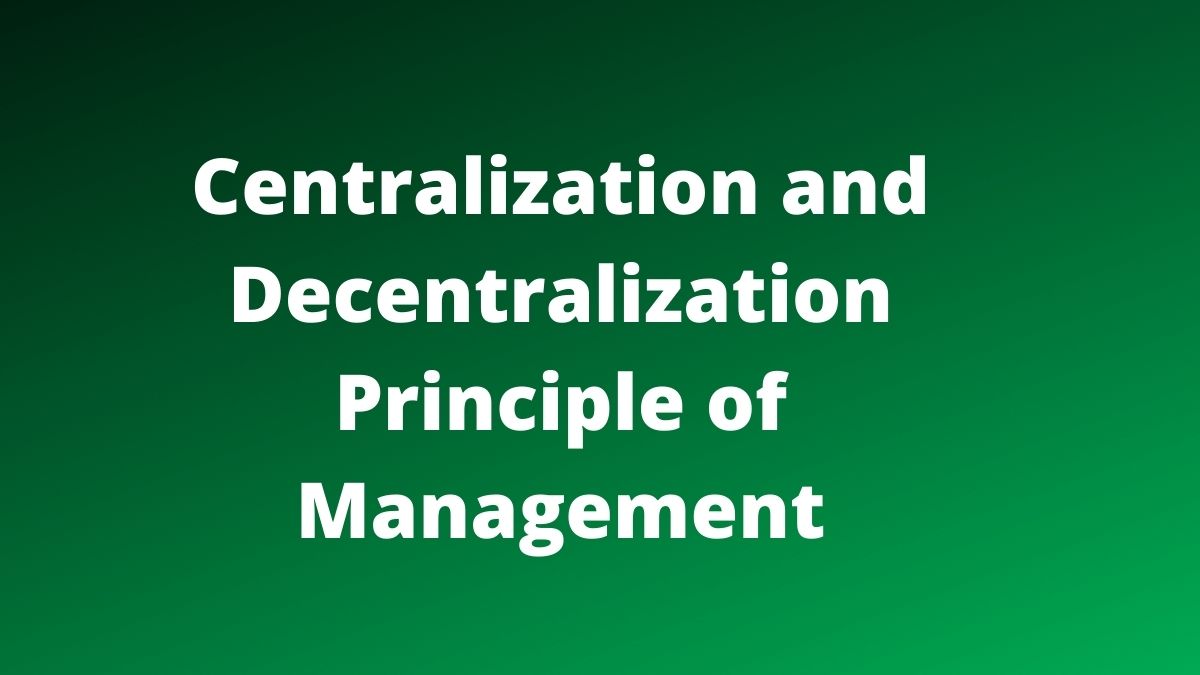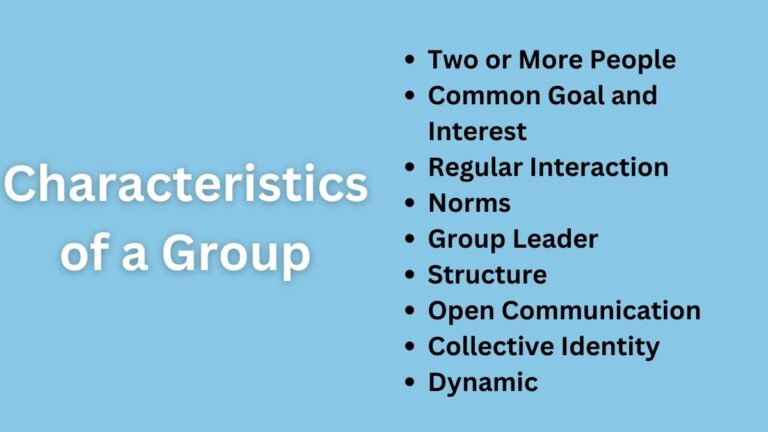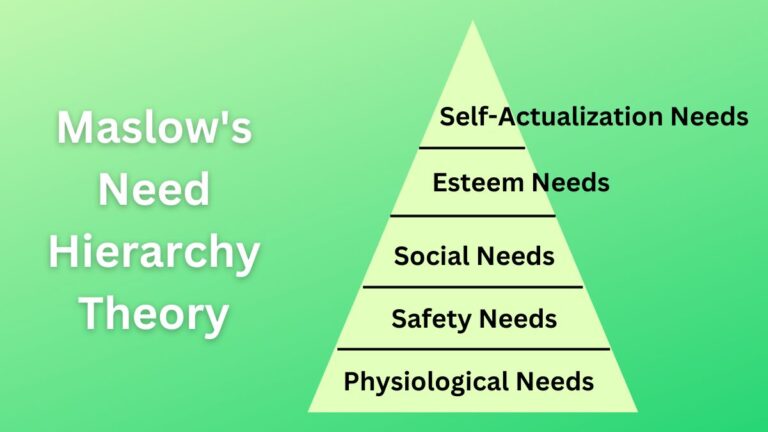Centralization and Decentralization Principle of Management (Explained)
Centralization and Decentralization Principle
Centralization and decentralization are the two means to manage the organization. This principle states that there must be a balance between centralization and decentralization.
Centralization means the authority to make important decisions is only vested in top managers. They enjoy the right to make decisions that subordinates should have to follow.
Whereas, decentralization means the authority is also given to lower employees to make relevant decisions where the work is to be done. It is a means to lower the burdens of the top management. The relevant authority is provided at department levels to make quick decisions and make smooth functioning.
Related: 14 Principles of Management
A manager must maintain a balance between them. However, it depends upon the size, nature, location, and capabilities of employees he must delegate authority considering the possible outcomes. Usually, in small organizations where the range of activities is limited centralization is preferred, and in large organizations, since there is a range of activities to be performed decentralization is preferred.
Usually, no organization is completely centralized or decentralized there formally or informally these concepts are applied. So a manager should centralize or decentralize authorities considering the requirements, conditions, and employees’ capabilities.
Advantages of this principle:
- Encourages efficient completion and achievement of work and goals.
- Since authority is decentralized top management burdens are reduced and it further motivates lower employees as they enjoy the decision-making powers.
- Better coordination in the workplace.
- Centralization ensures fast decision-making.
- This may result in the completion of work in the expected time.
Results of avoiding this principle:
- Organizational balance may be disrupted when this principle is avoided.
- The top managers may suffer from excess work burdens.
- Conflicts may arise between management and employees.
- This certainly affects the achievement of organizational goals.
- The given work might not complete in time, with ease, and with efficiency.
Read Next: The Order Principle
Sajan Kushmi is a content writer with more than 4 years of experience. He holds BIM Degree. He write on the topics related to Management, Marketing, and Entrepreneurship.






